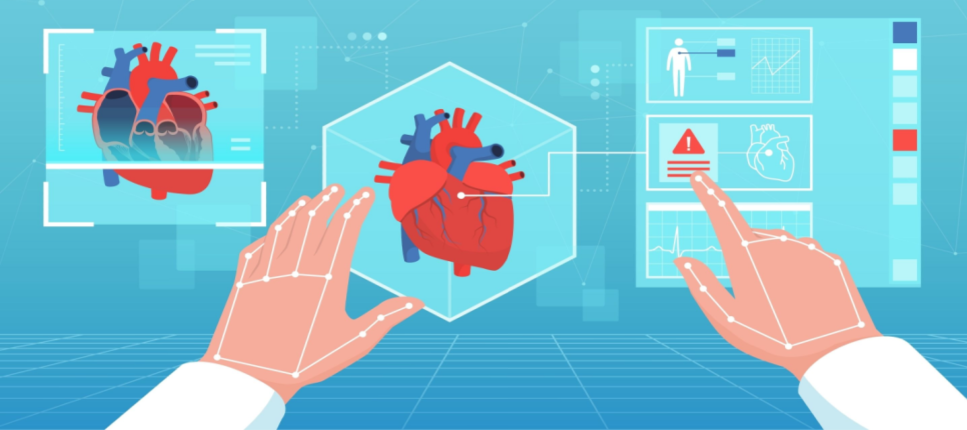Attention in 15 points
In these times of over-solicitation, attention is a crucial factor in our cognitive efficiency, whether we are learning new things or simply doing many of our daily tasks. To preserve and cultivate it, the first step is to know its unique mechanisms in order to identify the factors we can influence and those to ignore. Let's decipher it in 15 points!










